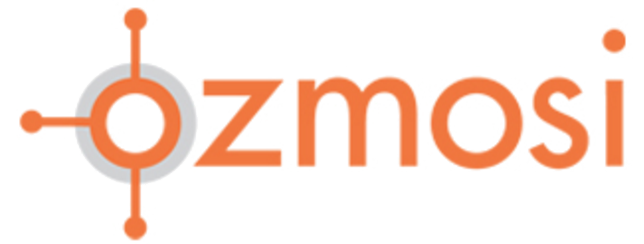When it comes to improving the lives of patients with chronic illnesses like type-2 diabetes and heart disease, the pharmaceutical industry is playing an ever smaller role. New blockbuster drugs are the lifeblood of pharmaceutical companies. Traditionally, they spend significant advertising dollars to create consumer awareness with the goal of influencing drug choices. But when it comes to innovation for major chronic conditions like type 2 diabetes and heart disease, pharma companies need a lifeline.
The innovation pipeline is weak
There’s nothing really new coming down the pharma pipeline for diabetes or heart disease – I mean really NEW. Sure, there are some combination therapies and long-acting injectables that have proven effective, but looking at the big picture, over the next 5-10 years, only 4% of drugs in the pipeline are for diabetes, and the likelihood of them getting to market is slimmer than slim. The scenario is similar for heart disease.
So where’s the opportunity for innovation? Who’s driving it?
There are plenty of opportunities for pharmaceutical and biotech companies, among other healthcare entities like payers and the government, to invest in finding solutions for managing chronic conditions and improving adherence instead of focusing on drug development.
Diabetes and heart disease are like the canary in the coal mine. They are the signal of what needs to change for a lot of chronic conditions. They are a signal of the end of the “just take a pill” era. What’s driving this is the lack of innovation in the pipeline.
The future of innovation in diabetes and heart failure is not in new mechanisms of action. The medication available for type 2 diabetes has been proven and the medicine is so cheap, it is almost free. At this point, let’s focus on getting people to actually TAKE their medicine, vs. worrying about creating new medicines requiring big investments that have diminishing returns.
I can see a future where payers, even government themselves, play a larger role, especially with all the veterans and baby boomers on government health insurance. I can see a future where payers and government are saying to pharma, enough already with the me-too drugs and combination therapies. Unless there is something that’s REALLY new, we are not interested.
Innovation will not be coming from the drugs themselves, but from other methods that strive to improve patient outcomes. Clinical evidence and combination therapies will have minimal impact on improving treatment, but finding solutions to improve adherence is where the bigger opportunities are in these disease areas.
Digital’s role in medication adherence
Payers are going to be pushing for more than a pharmaceutical solution and will look to the tech challenge to improve medication adherence. In fact, multiple clinical studies show that text messaging improves medication adherence in chronic disease, including a recent meta-analysis published in JAMA. Typically, this type of research is initiated by hospitals and universities, not pharma companies.
Digital health solutions through mobile apps and devices are on the rise and becoming more accepted and embraced among consumers and physicians. Especially in the diabetes space. They empower patients to take control of their disease and help them stay in regular contact with their doctors. Managing heart disease has been more of a tech challenge, most likely because the older population is not as comfortable using mobile devices.
Between heart failure and diabetes, over 40 million people are impacted. If you don’t adhere to your basic medications and make some lifestyle adjustments, you are going to cost the system a lot of money. There will be more of a focus on helping people stick to a better lifestyle and take their medicine on a regular basis. That alone will save inordinate amounts of money for the overall healthcare system and will drive a trend that puts the pharma companies in the back seat and the payer community in charge of treating patients with chronic diseases.
